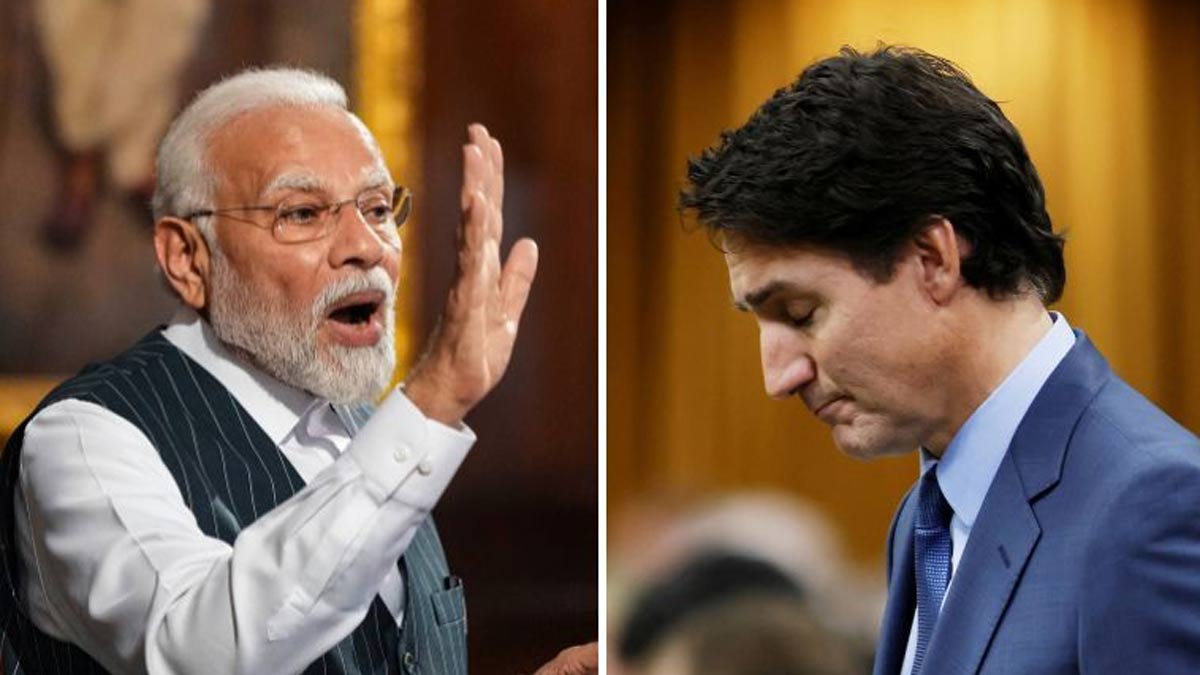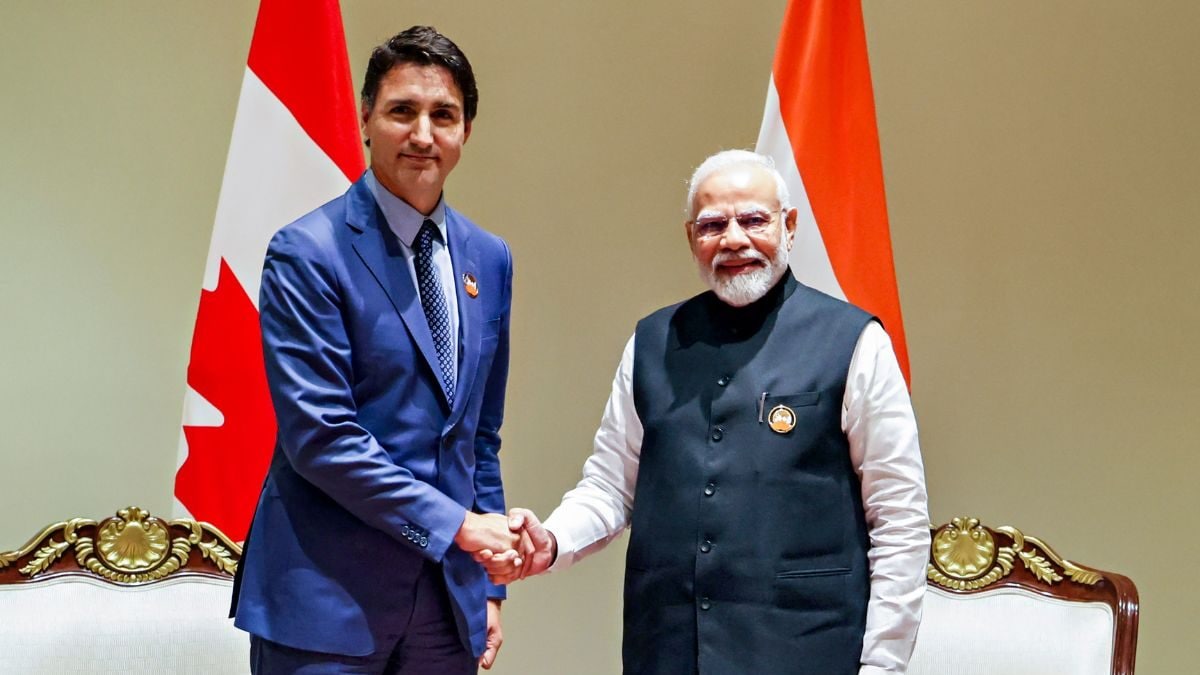The Canadian government, led by Prime Minister Justin Trudeau, issued a strong denial on Friday regarding any connection between Indian Prime Minister Narendra Modi, External Affairs Minister S. Jaishankar, and National Security Advisor Ajit Doval to criminal activities within Canada. This clarification followed allegations in a Canadian newspaper that linked the Indian leaders to the death of Hardeep Singh Nijjar, a designated terrorist by India’s National Investigation Agency (NIA).
Canadian Government Refutes Media Speculation
In a statement released by Nathalie G. Drouin, the National Security and Intelligence Advisor to the Canadian Prime Minister, the Trudeau government explicitly stated that it neither claimed nor possessed evidence linking Modi, Jaishankar, or Doval to criminal activities within Canada.
“The Government of Canada has not stated, nor is it aware of evidence, linking Prime Minister Modi, Minister Jaishankar, or NSA Doval to the serious criminal activity within Canada,” read the statement. This response came after the Globe and Mail published a report suggesting such connections.
Drouin also highlighted that on October 14, Canadian authorities, including the Royal Canadian Mounted Police (RCMP), had taken the unusual step of publicly accusing agents of the Indian government of engaging in serious criminal activity in Canada due to a “significant and ongoing threat to public safety.”

India Dismisses Allegations as Baseless and Malicious
India responded swiftly and unequivocally to the allegations, terming the report by the Globe and Mail “ludicrous” and part of a “smear campaign.” The Ministry of External Affairs (MEA) released a statement urging the media and public to disregard the claims entirely.
“We do not normally comment on media reports. However, such ludicrous statements made to a newspaper purportedly by a Canadian government source should be dismissed with the contempt they deserve. Smear campaigns like this only further damage our already strained ties,” said Randhir Jaiwal, an MEA spokesperson.
The MEA emphasized that these accusations were baseless and served to exacerbate the already tense relations between the two nations.
Background: The Nijjar Controversy and the Diplomatic Standoff
Tensions between India and Canada escalated following the murder of Hardeep Singh Nijjar, an NIA-designated terrorist and leader of the Khalistan Tiger Force. Nijjar was shot dead outside a gurdwara in Surrey, British Columbia, on June 18, 2023. Trudeau had publicly claimed “credible allegations” of Indian involvement in Nijjar’s killing, sparking a diplomatic row. India vehemently denied these allegations, calling them “absurd” and “motivated.”
India has repeatedly accused Canada of allowing extremist and anti-India elements to operate freely within its borders. According to New Delhi, these groups promote violence and propagate Khalistani ideologies that harm India’s sovereignty and unity. In response to the escalating tensions, India recalled six of its diplomats from Canada, who were declared “persons of interest” by the Canadian government in its investigation into Nijjar’s killing.

Strained Diplomatic Relations Between India and Canada
The relationship between the two countries has been steadily deteriorating. India has expressed concerns about the Trudeau government’s inability to curb extremist activities and violent rhetoric against India originating from Canadian soil.
Canada, on the other hand, has consistently raised concerns about human rights and freedom of expression. Trudeau’s government claims to balance its diplomatic ties with respecting the freedoms of its diverse population, which includes a significant number of Sikhs advocating for Khalistan, a separatist movement that India views as a threat to its territorial integrity.
Despite efforts to mend ties, incidents like these deepen mistrust and hinder cooperation on key international platforms.
The Broader Implications of the Allegations
The latest denial by Trudeau’s government aims to ease some of the tension caused by the allegations. However, the impact of these events extends beyond bilateral relations. The accusations have added a layer of complexity to Canada’s domestic politics, as it grapples with managing the demands of its Sikh diaspora while maintaining diplomatic relations with India.
For India, the issue is part of a larger battle against the Khalistan movement, which New Delhi accuses Canada of tacitly supporting by offering a safe haven to extremists.

